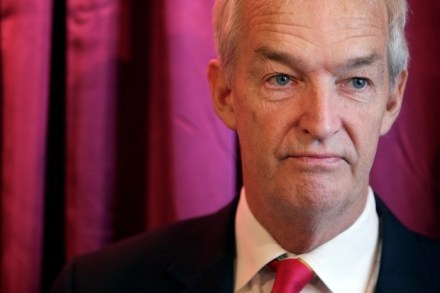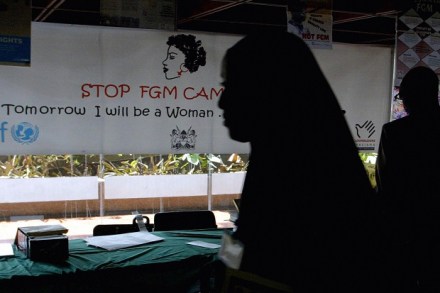Janet Street Porter chickens out of Mensch showdown
Gobby Janet Street Porter has been silenced – for today at least. She pulled out of this morning’s edition of the BBC’s Daily Politics just two hours before broadcast when she discovered that Louise Mensch was being patched in from New York to take her on. There’s history here. JSP once said that Mrs Mensch resides in the ‘slop bucket of females who’ve let the side down’. Sources tell Mr S that JSP didn’t want to defend her words. Pity, as it would have been quite the catfight.




















